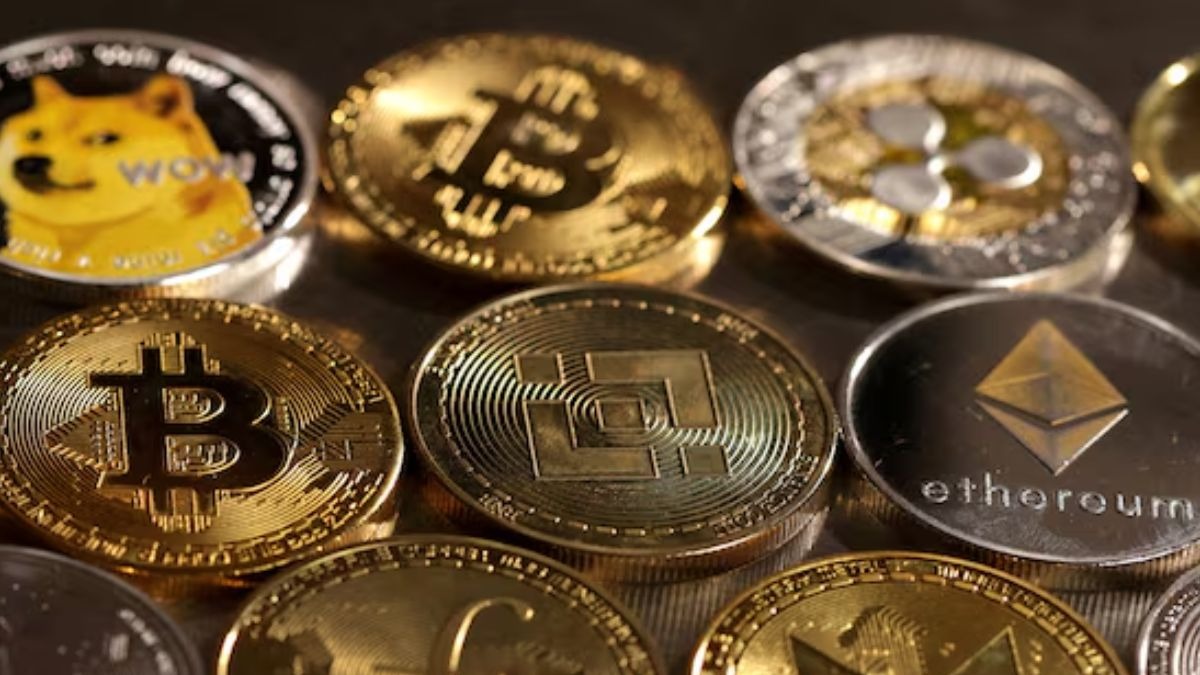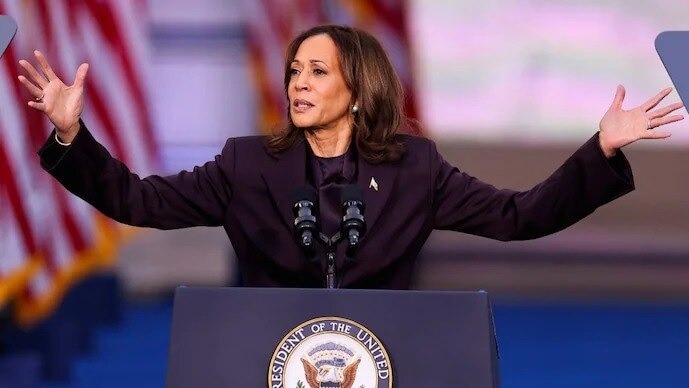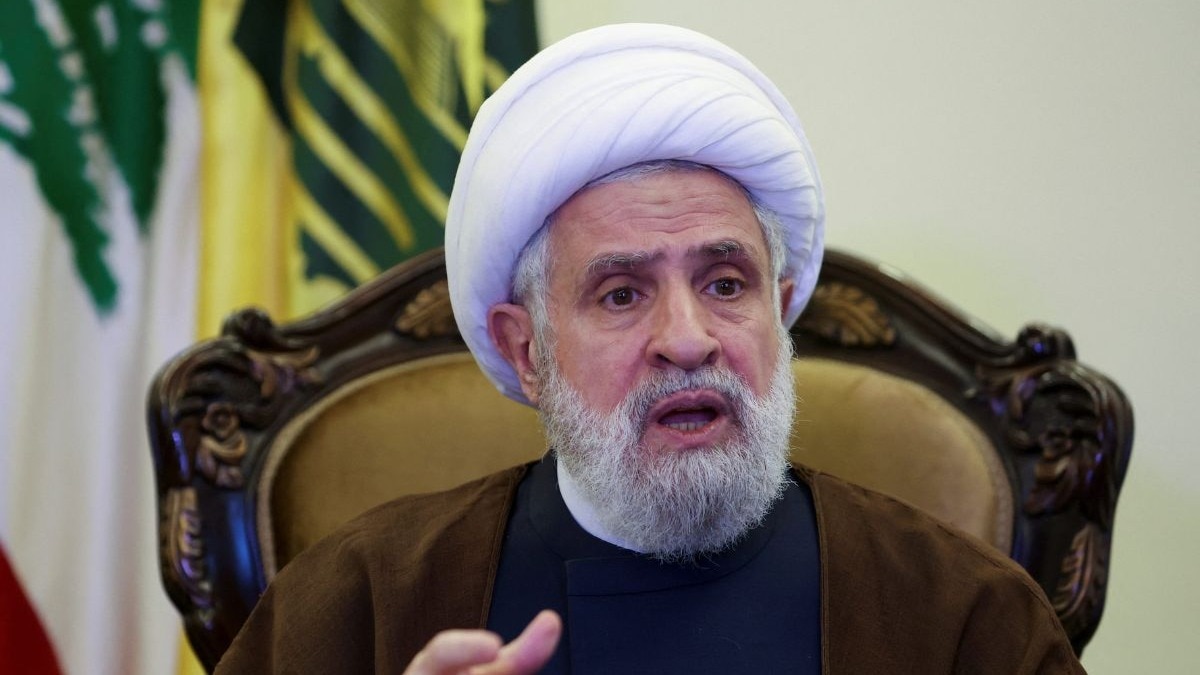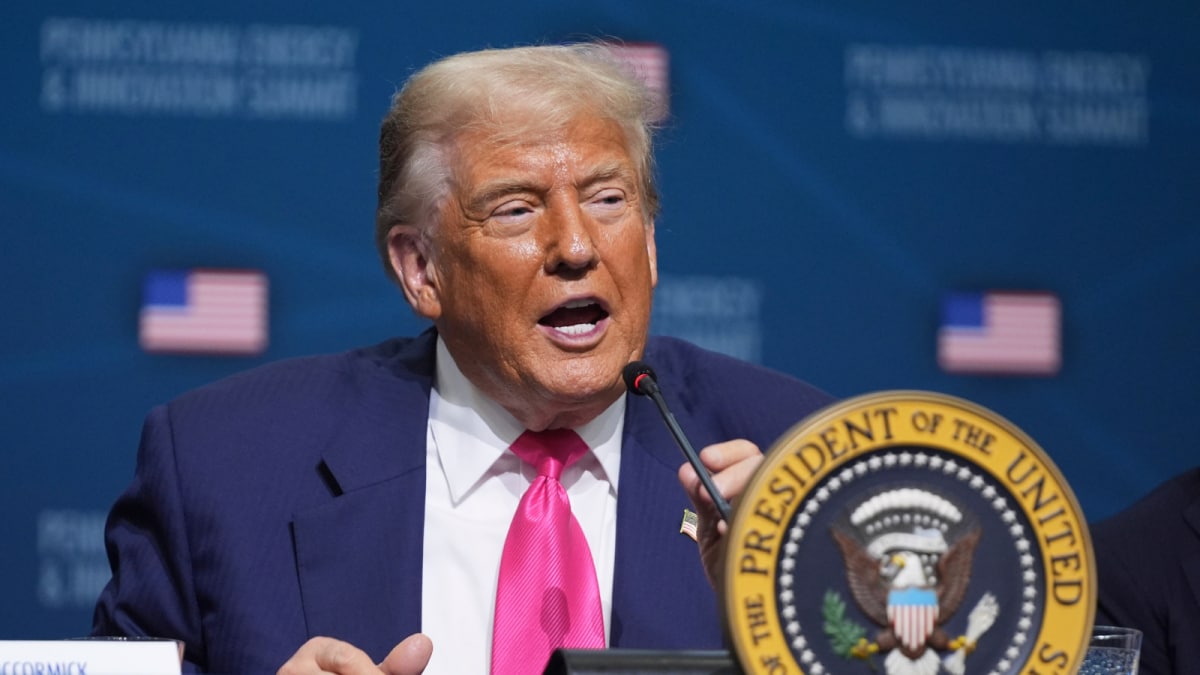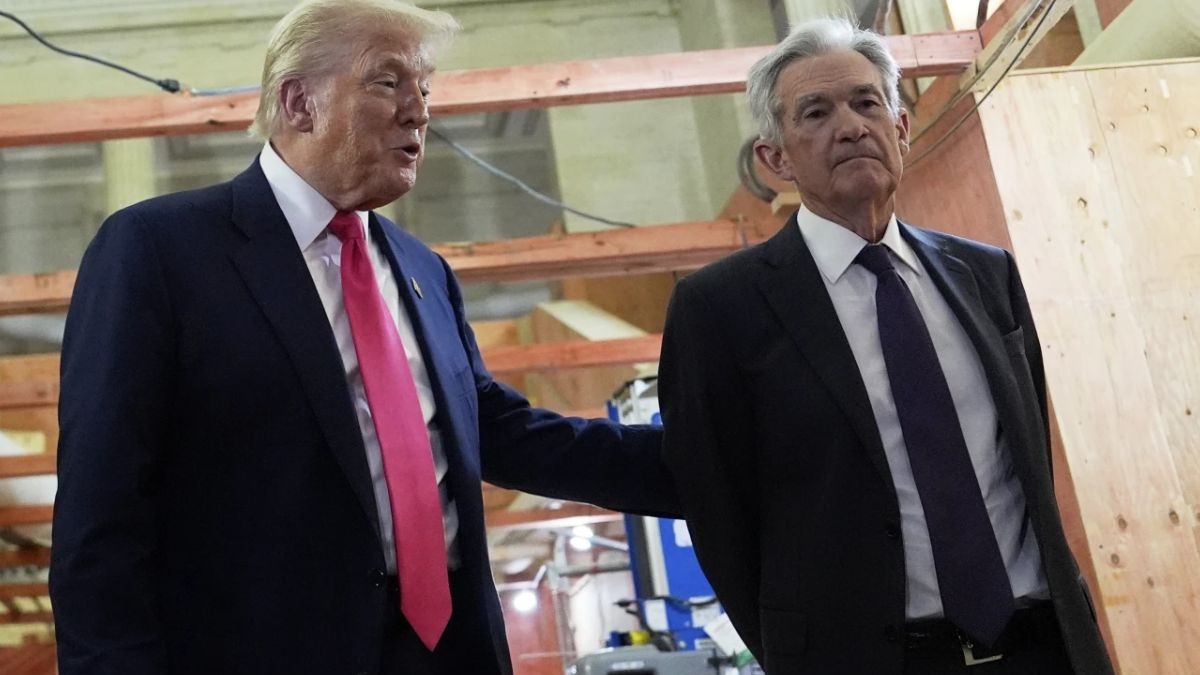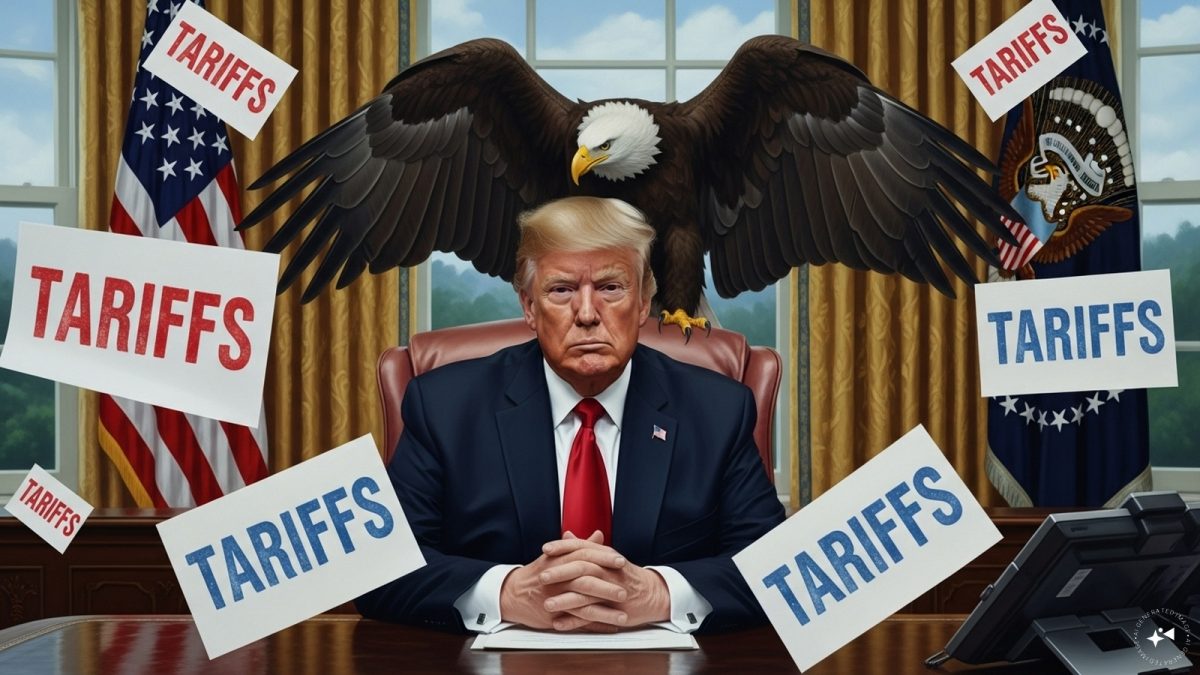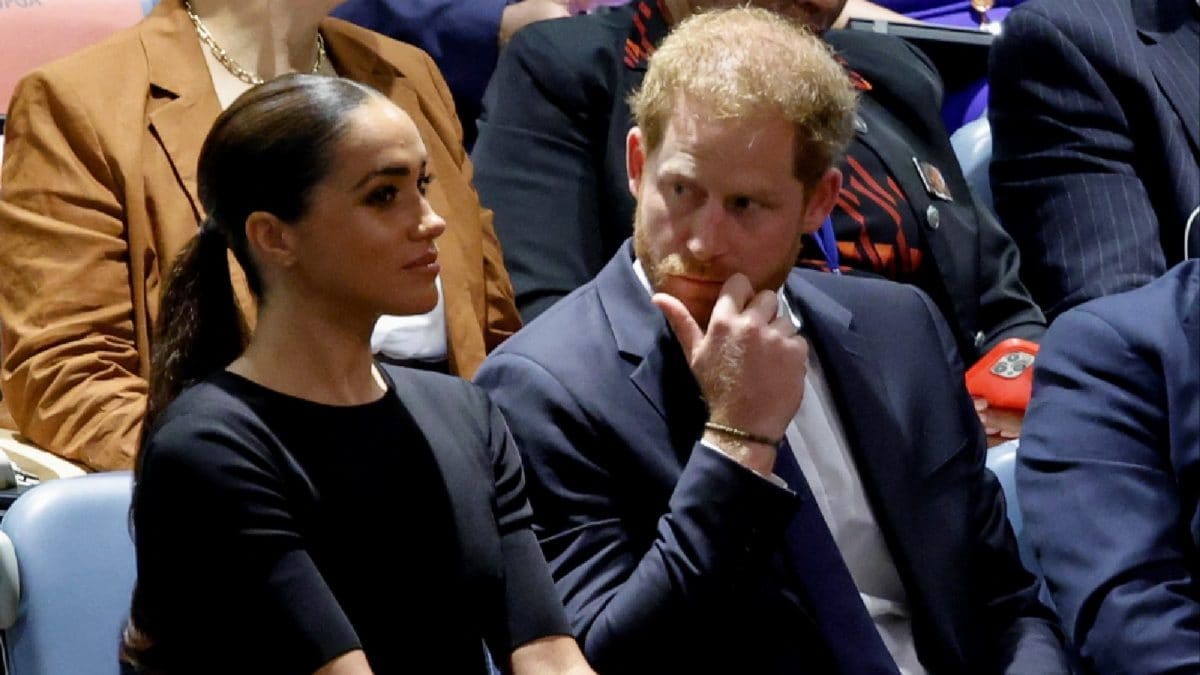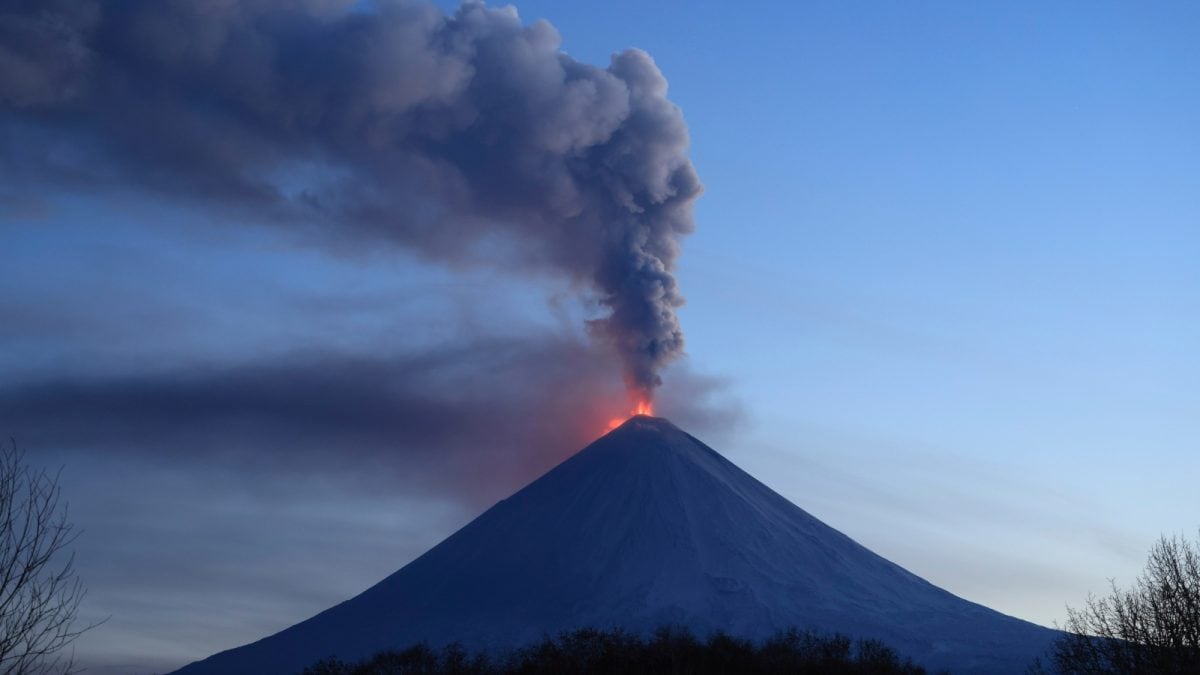Last Updated:June 06, 2025, 09:36 IST
The Donald Trump-Elon Musk feud joins a long list of major political fallouts that reshaped power, from India and China to America’s most bitter rivalries

The Trump-Musk fallout stands out for its sheer speed, personal attacks, real economic damage, and continued escalation. (AP Image)
What began as mutual admiration has now exploded into one of the most spectacular and unprecedented political breakups in recent memory, playing out entirely in public view, amplified by social media in real time. Once aligned on business-friendly policies, deregulation, and a shared dislike for parts of the media, US President Donald Trump and his former adviser Elon Musk are now openly attacking each other — not behind closed doors, but in front of millions, post by post.
What Triggered Trump-Musk Fallout?
In May 2025, Musk openly criticised Trump’s ‘One Big Beautiful Bill Act’, calling it fiscally reckless. The bill proposed a $2.4 trillion increase in government spending while eliminating EV tax credits — a direct hit to Tesla. In a post on X (formerly Twitter), Musk called the bill a “disgusting abomination that will destroy American competitiveness."
I’m sorry, but I just can’t stand it anymore.This massive, outrageous, pork-filled Congressional spending bill is a disgusting abomination.
Shame on those who voted for it: you know you did wrong. You know it.
— Elon Musk (@elonmusk) June 3, 2025
Trump responded on Truth Social, accusing Musk of acting out of personal greed: “Elon was ‘wearing thin,’ I asked him to leave, I took away his EV Mandate that forced everyone to buy Electric Cars that nobody else wanted… and he just went CRAZY!"
Musk then dramatically escalated the feud, bringing up Trump’s alleged ties to Jeffrey Epstein: “Time to drop the really big bomb: @realDonaldTrump is in the Epstein files. That is the REAL reason they haven’t been made public."
Mark this post for the future. The truth will come out.— Elon Musk (@elonmusk) June 5, 2025
Rarely has a political fallout of this scale unfolded so rapidly, so publicly, and with such high financial and political stakes playing out live on social media. Markets shook, personal attacks escalated, and political calculations shifted.
Tesla stock fell by 14 per cent within days, wiping out over $150 billion in market capitalisation.SpaceX contracts with NASA were suddenly at risk after Trump hinted at terminating government partnerships.Trump’s own Truth Social media firm also saw its stock drop.But is it the worst ever? Let’s look at some other famous political feuds that turned ugly:
Jawaharlal Nehru Vs Subhas Chandra Bose (India, 1939)
In the pre-Independence years, the Indian Congress saw one of its earliest and most dramatic fallouts when Subhas Chandra Bose clashed with Jawaharlal Nehru and Mahatma Gandhi.
Bose, elected Congress president in 1938, envisioned a much more aggressive confrontation with British rule, including seeking international alliances with Germany and Japan. Nehru and Gandhi, meanwhile, insisted on non-violent civil disobedience.
In early 1939, Bose won re-election against Gandhi’s nominee, Pattabhi Sitaramayya — a victory that exposed the deepening divisions within the Congress leadership. However, despite his mandate, key Working Committee members closely aligned with Gandhi refused to cooperate with his leadership, limiting his ability to function effectively as president.
Unable to bridge the growing rift, Bose resigned, writing: “When the Congress President finds himself in a minority on fundamental matters of policy, the only honourable course open to him is to resign."
Bose then formed the Forward Bloc and later led the Indian Army (INA) alongside Axis powers during World War II — directly challenging British authority from outside the Congress framework. His alliance with the Axis complicated India’s position during the global conflict, and while the British labelled him a traitor, large sections of Indian society viewed him as a patriot taking an alternate path to independence.
Mao Zedong Vs Liu Shaoqi (China, 1966–1969)
One of the most brutal political fallouts of the 20th century unfolded at the highest levels of China’s Communist Party.
Liu Shaoqi, once considered Mao Zedong’s trusted deputy and the official head of state, had risen to prominence as one of the architects of China’s early communist rule. But after Mao’s Great Leap Forward (1958–1962) — an economic campaign that resulted in catastrophic famine and tens of millions of deaths — Liu began quietly challenging Mao’s leadership, advocating for more pragmatic economic reforms to stabilise the country.
For Mao, any dissent — even from within the party — was seen as a personal threat. By 1966, Mao launched the Cultural Revolution, ostensibly to root out “bourgeois elements" within the party, but in reality, to reassert his dominance. He mobilised radical youth militias called the Red Guards to attack senior officials seen as enemies of Mao’s revolution.
Liu was singled out as the biggest internal enemy and branded a “capitalist roader" — a grave political insult in communist China. Propaganda posters called for his downfall, declaring: “Down with Liu Shaoqi! Down with China’s Khrushchev!"
Liu was purged from all positions of power, placed under house arrest, brutally interrogated, denied medical care, and eventually died in custody in 1969. His name was erased from official histories for years.
The Mao-Liu fallout didn’t just destroy Liu — it destabilised the entire Chinese state. The Cultural Revolution spiralled into a nationwide political purge that led to the persecution, imprisonment, or deaths of millions of Chinese citizens, leaving deep scars on the country that lasted decades.
Indira Gandhi Vs Morarji Desai (India, 1969–1979)
India’s first major political split post-Independence played out between then-Prime Minister Indira Gandhi and senior Congress leader Morarji Desai.
Desai had long viewed himself as the rightful successor to Nehru’s vision of economic conservatism. Gandhi, however, pushed for socialism and centralisation. The final straw came in 1969 when she nationalised India’s banking sector — against Desai’s and the party old guard’s wishes.
Following escalating policy clashes, Desai resigned as Deputy Prime Minister and Finance Minister. The Congress split into two factions: Congress (Organisation), led by Desai and the Syndicate, and Congress (Requisitionists), led by Indira Gandhi.
She emerged dominant electorally, but her Emergency rule (1975–77) proved deeply controversial. When Gandhi finally called elections in 1977, Morarji Desai led the Janata Party — a coalition of anti-Indira forces — to a historic win. For the first time, Congress was defeated nationally.
In a later interview, Desai said bluntly: “What she called discipline was tyranny."
Their enmity defined Indian politics for over a decade, until Gandhi returned to power in 1980 after Desai’s unstable coalition collapsed.
Donald Trump Vs Mike Pence (USA, 2021)
Donald Trump’s relationship with his loyal Vice President Mike Pence shattered over Trump’s attempt to overturn the 2020 election results.
When Trump lost to Joe Biden, he pressured Pence to block certification of electoral votes on January 6, 2021. Pence refused, citing his constitutional duty: “My oath to support and defend the Constitution constrains me from claiming unilateral authority to determine which electoral votes should be counted and which should not."
Trump publicly attacked Pence during the Capitol riot, even tweeting mid-attack: “Mike Pence didn’t have the courage to do what should have been done."
As rioters stormed the Capitol, chanting “Hang Mike Pence!", Trump’s failure to intervene immediately was viewed by many, including Pence’s own family, as dangerously irresponsible.
In a speech months later, Pence stated, “President Trump’s words that day were reckless. They endangered my family and everyone at the Capitol."
The breach was permanent. Pence launched a campaign for the 2024 Republican nomination but struggled to gain traction against Trump’s loyal base. He was one of the first major candidates to drop out in late 2023, citing a lack of donor and voter support. During his brief campaign, Pence did criticise Trump’s actions on January 6, stating: “Anyone who puts themselves over the Constitution should never be President of the United States."
Conclusion
Political alliances collapse all the time. Ugly fallouts, betrayals and power struggles are part of history, but what makes Trump and Musk’s split stand apart is the nature of the spectacle itself. Both are deeply social-media-driven, trigger-happy personalities who live online, fire off accusations instantly, and escalate fights in full public view.
In an earlier era, such a falling out might have unfolded behind closed doors or through carefully managed leaks. Here, every blow has been landed in real time, post by post, for the world to watch — amplifying both the ugliness and the stakes.
Compared to decades of famous political ruptures, this may well be one of the most consequential — and possibly still unfolding.

Karishma Jain, Chief Sub Editor at News18.com, writes and edits opinion pieces on a variety of subjects, including Indian politics and policy, culture and the arts, technology and social change. Follow her @kar...Read More
Karishma Jain, Chief Sub Editor at News18.com, writes and edits opinion pieces on a variety of subjects, including Indian politics and policy, culture and the arts, technology and social change. Follow her @kar...
Read More
News india Nehru-Bose To Mao-Liu: Political Fallouts Are Common But Trump-Musk Breakup May Be The Ugliest Yet

 1 month ago
1 month ago
